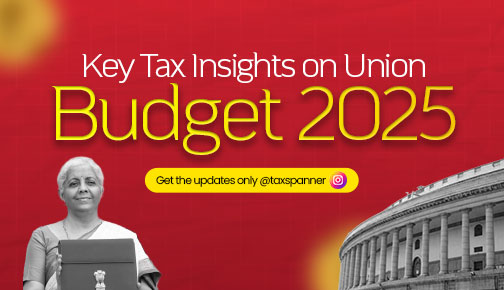Section 80D: The Ultimate Guide to Tax Deductions for Health Insurance
Under Section 80D, every person or HUF paying medical insurance premiums for a given year is eligible for a tax deduction equal to a percentage of that year's gross income. This deduction is also available to those with critical sickness plans or supplemental health insurance.
The premium paid for a health insurance plan that covers a spouse, dependent children, or parents is eligible for a deduction benefit, in addition to the premium paid for the plan that covers the taxpayer themselves.
Only taxpayers who fall into the category of individuals or households can deduct the cost of their medical insurance premiums for themselves and their families and any medical expenses made on behalf of senior citizens.
Taxpayers who file as individuals or as HUFs are eligible to benefit from insurance premium payments made for the following:
Self
Spouse
Dependent children
Parents
This deduction is not available to be claimed by any other entity. For instance, a company or a firm is not eligible to submit a deduction request in accordance with this section.
- An individual or a Hindu Undivided Family (HUF) may submit a claim for a deduction under Section 80D for any of the following payments:
- A medical insurance premium is paid for oneself, one's spouse, dependent children, or one's parents using a payment method other than cash.
- Expenses incurred as a result of preventative medical examinations and screenings.
- The cost of elderly persons' (those aged 60 or over) medical care who are not covered by any form of health insurance.
- The contribution was made to either the health scheme run by the Central Government or any other scheme run by the government and notified to the public.
The maximum annual deduction that can be taken advantage of under Section 80D is 25,000 rupees. When it comes to senior citizens, the maximum deduction that is permitted is Rs 50,000.
A person can claim a deduction of up to Rs 25,000 for the premium they have paid for themselves, their spouse, and any dependent children.
If your parents are over the age of 60, you are eligible for a deduction of Rs 50,000; however, if they are under the age of 60, you qualify for a deduction of Rs 25,000 for the insurance premium they paid.
Suppose the medical costs you expended for senior citizens (taxpayer/family and parents) were not covered by any medical insurance. In that case, you are eligible to claim a deduction for such costs, up to a maximum of Rs 5,000, under the limit of Rs 50,000 that was mentioned above.
If an individual, their spouse, or both of their parents are over the age of 60 and have medical coverage, the maximum deduction that can be taken advantage of under this provision is Rs 100,000. This applies to everyone for whom medical coverage has been purchased. A senior citizen is someone who is at least 60 years old, whereas a very senior citizen is someone who is older than that. It is impossible to take a tax deduction for medical costs paid by individuals, families, or parents under 60 years old.
A deduction can be claimed under Section 80D for any insurance premiums paid by a HUF for a policy purchased for the HUF's members.
This deduction will be Rs 25,000 if all of the insured members are younger than 60, but it will increase to Rs 50,000 if even one of the insured members is 60 years or older. Considerations for 80D deduction when buying medical insurance When purchasing medical insurance, there are a few things you need to keep in mind to qualify for the 80D deduction. It is impossible to take a tax deduction for the portion of a medical insurance premium paid for a sibling, parent, grandparent, aunt, uncle, or any other member of the taxpayer's immediate family. No deduction is available for insurance premiums paid on behalf of employed children. If you and a parent contributed to the total payment, you and the parent can each claim a deduction proportionate to the amount you contributed. It is mandatory to take the deduction without deducting the premium component corresponding to the service tax or the cess.
The premium the employer pays for the group health insurance plan it provides is not tax deductible. Any payment method other than cash that was used to purchase insurance can be counted towards the total premium. Therefore, a deduction can also be taken for a premium that was paid for using a credit card or another form of online payment.
In 2013–14, the government began offering a deduction for preventative health check-ups to encourage individuals to take greater responsibility for their health. Regular check-ups for the purpose of disease detection and the elimination or reduction of risk factors are essential components of any preventative health care program.
Any payments paid towards preventative health check-ups are eligible for a deduction of Rs 5,000 under Section 80D of the Income Tax Act. This deduction will be within the overall limit of 25,000 or 50,000 rupees depending on the circumstances. The individual can also claim this deduction for either themselves, their spouse, dependent children, or parents who live with them. Cash is an acceptable mode of payment for preventive health check-ups.
Explore TaxSpanner's wide range of calculators for your tax planning and calculations!
View Tools & Calculators



